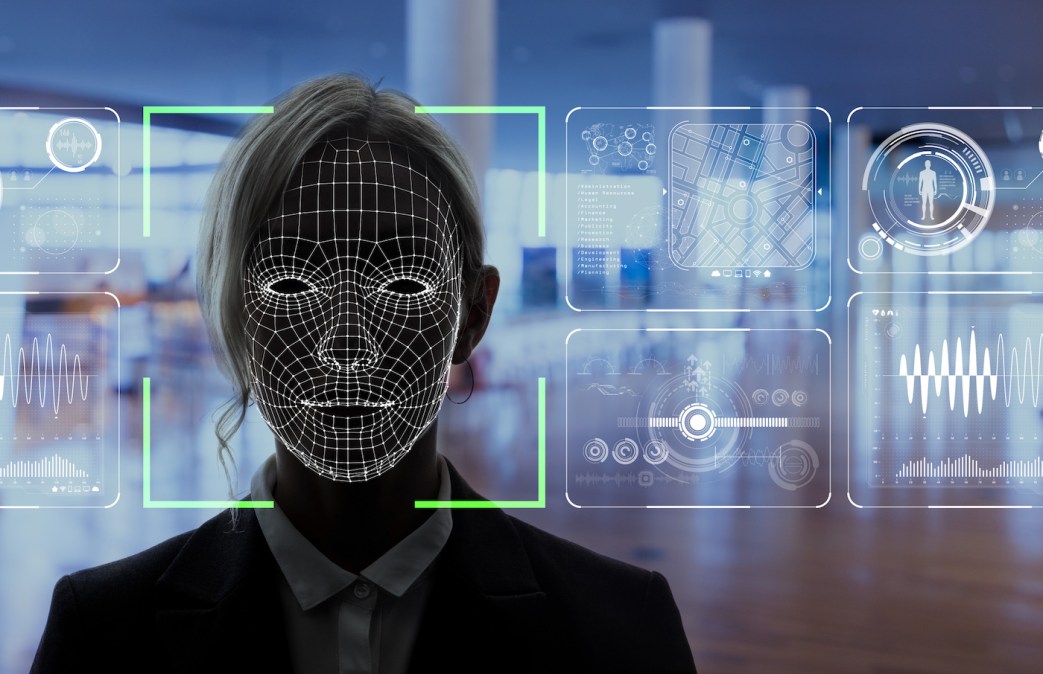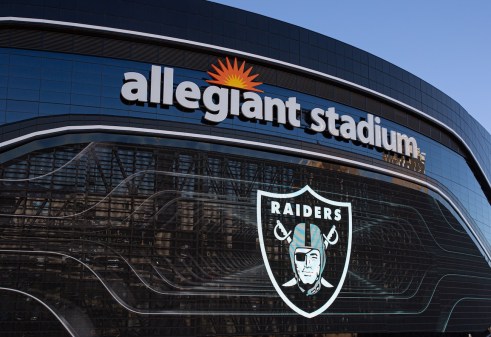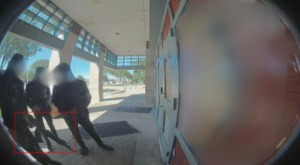Orlando is done testing Amazon’s facial recognition software

Officials in Orlando, Florida, said Thursday that the city’s police department has concluded its second pilot project using Rekognition, the facial-recognition platform developed by Amazon, and that it will not continue using the publicly criticized software.
In a memo to the city council, city Chief Information Officer Rosa Akhtarkhavari, Chief of Police Orlando Rolon and Chief Administrative Officer Kevin Edmonds said the city did not have sufficient resources to continue testing the product.
“At this time, the city was not able to dedicate the resources to the pilot to enable us to make any noticeable progress toward completing the needed configuration and testing,” they wrote.
Amazon did not charge Orlando to use Rekognition during the pilot periods, but according to a document signed last October by Amazon and Orlando representatives, the company would have charged the city $2,760 per day for the services of one of its consultants had the costs not been waived.
Orlando Police began a six-month pilot with Rekognition in December 2017, which was not made public until May 2018 after the American Civil Liberties Union obtained documents showing communications between Amazon and the Orlando Police Department and other law-enforcement agencies that have been testing the software.
Rekognition works by uploading images from surveillance cameras into the software’s database, where they are analyzed using machine learning against other images to identify individuals, objects and text. The bigger the database grows, the more precise the software becomes, according to Amazon’s marketing materials.
The American Civil Liberties Union and other privacy-rights groups criticized Amazon and the Orlando Police for the pilot program, arguing that facial-recognition software could be used to track immigrants and contribute to the effects of over-policing in minority communities. Police defended the program, saying facial-recognition tools could’ve helped them make a quicker arrest in a February 2018 case involving kidnapping threats against the singer Lana Del Rey before her show in Orlando that month, or might have potentially prevented the January 2017 death of an officer. Police also noted facial recognition had been used in Maryland to arrest the suspected gunman in a mass shooting at the Capital Gazette newspapers.
Though Orlando’s first pilot ended in June 2018, it launched a second, yearlong test the following month, again to the consternation of the ACLU, which charged the city with being “committed to subjecting its residents to an environment of mass surveillance.” The pilot programs were limited to just eight cameras around Orlando, and were not conducted on the general public; rather the software testing was conducted on a group of Orlando Police staff who volunteered.
The backlash against facial recognition has grown nationally since the Orlando pilots, with a handful of cities, including San Francisco and Oakland, California, banning it in almost all cases, and several state legislatures are considering their own prohibitions. Still, researchers have found that trends point toward facial-recognition becoming more widely adopted, not less, despite various local movements to block it.
In Orlando, officials left open the possibility Orlando may experiment again with facial-recognition technology in the future.
“While we have no immediate plans regarding future pilots to explore this type of facial recognition technology, we will continue our efforts to position the city to take advantage of advances as they emerge, further supporting our city’s mission to become America’s premier Future-Ready City,” they wrote in their memo to the city council. “Together the Orlando Police Department and Information Technology will continue to work toward identifying emerging technologies that can be utilized to enhance public safety.”






